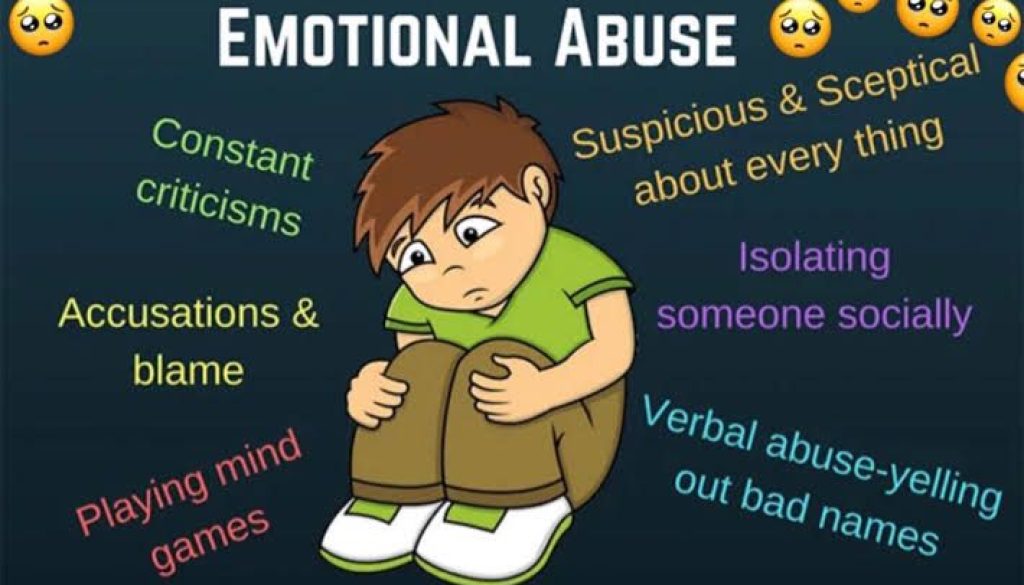Toxic Parenting: Understanding the Effects of Emotional Abuse
Toxic parenting refers to a pattern of behavior by parents or caregivers that is emotionally abusive, damaging, and hurtful to a child’s physical, emotional, and psychological well-being. This type of parenting can have long-lasting effects on a child’s development, self-esteem, and relationships.
Signs of Toxic Parenting
Toxic parenting can take many forms, including:
Verbal abuse: Yelling, name-calling, belittling, or using derogatory language
Emotional manipulation: Using guilt, shame, or self-pity to control a child’s behavior
Physical abuse: Hitting, slapping, pushing, or using physical force
Neglect: Ignoring a child’s physical, emotional, or psychological needs
Gaslighting: Denying or distorting reality to confuse or disorient a child
Effects of Toxic Parenting
Growing up with toxic parenting can have severe and long-lasting effects on a child’s life, including:
Low self-esteem: Negative self-talk, self-doubt, and lack of confidence
Anxiety and depression: Increased risk of developing mental health disorders
Difficulty with relationships: Trust issues, intimacy problems, and unhealthy attachment patterns
Physical health problems: Chronic illnesses, pain, or somatic symptoms
Addiction and substance abuse: Increased risk of developing addictive behaviors
Breaking Free from Toxic Parenting
If you’re struggling with the effects of toxic parenting, it’s essential to seek help and support:
Therapy: Working with a therapist can help you process your emotions, develop coping strategies, and improve your relationships
Support groups: Joining a support group can connect you with others who have experienced similar situations
Self-care: Practicing self-compassion, self-forgiveness, and self-care can help you heal and move forward
Boundary-setting: Learning to set healthy boundaries with your parents or caregivers can help you protect yourself from further harm
Conclusion
Toxic parenting can have devastating effects on a child’s life, but it’s never too late to seek help and support. Remember, you are not alone, and there is hope for healing and recovery.



